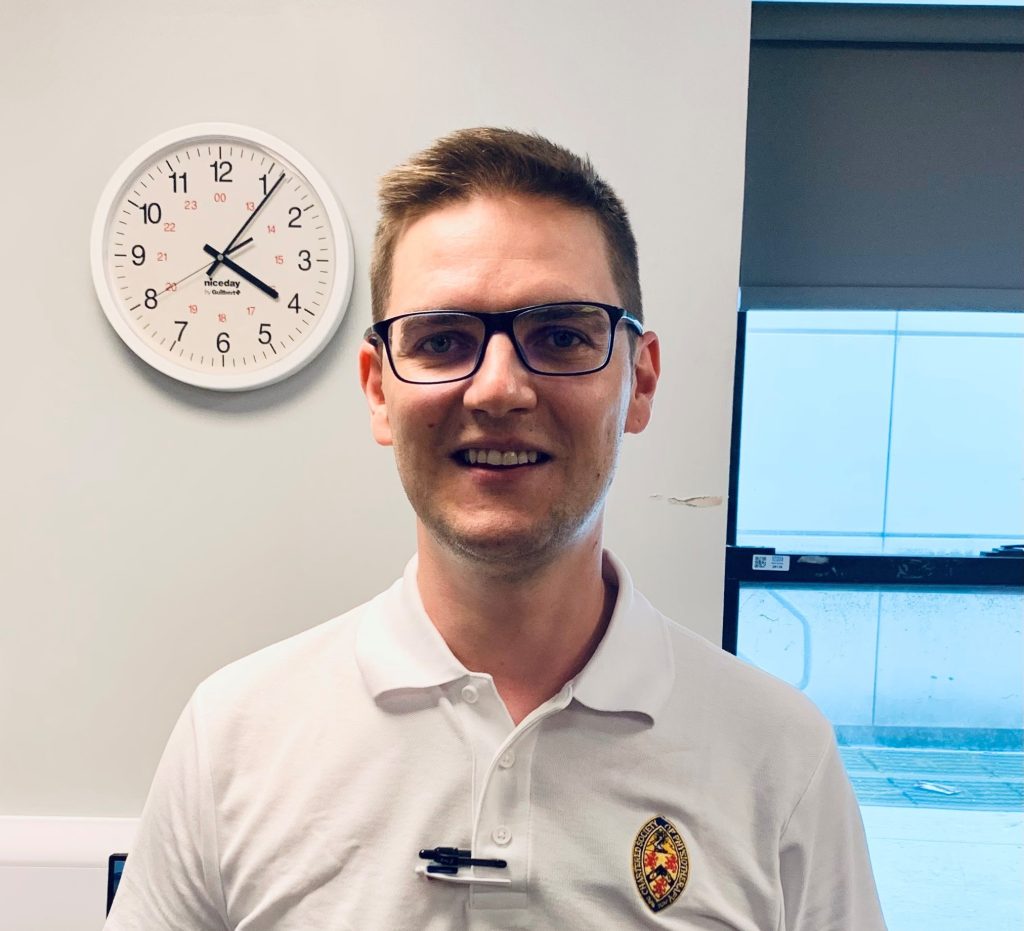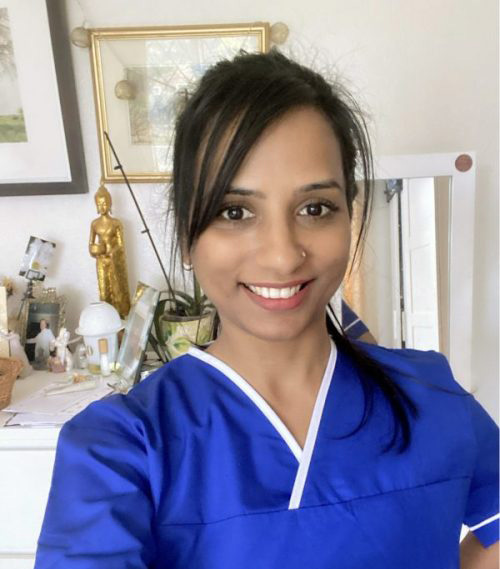Our wonderful staff are what makes UHSussex special. We hope that by joining us you’ll have a career that can grow and develop with you, supported by us to help you reach your full potential.
Read our inspiring staff stories…
Andrej, from housekeeping to physiotherapist

From housekeeping assistant to physiotherapist, Andrej proves hard work and a passion to care can take you far.
Read Andrej’s story on our news pageUma, from healthcare assistant to deputy ward manager

Over the last nine years, Uma has developed her career and progressed through the Trust. Starting as a HCA to becoming a newly appointment Deputy Ward Manager. An incredible achievement!
Read Uma’s story on our news page